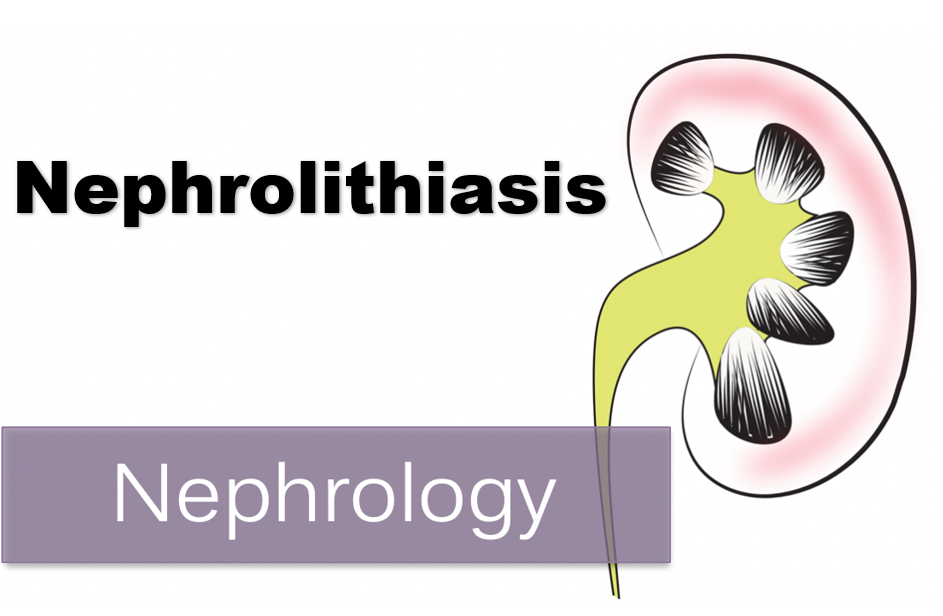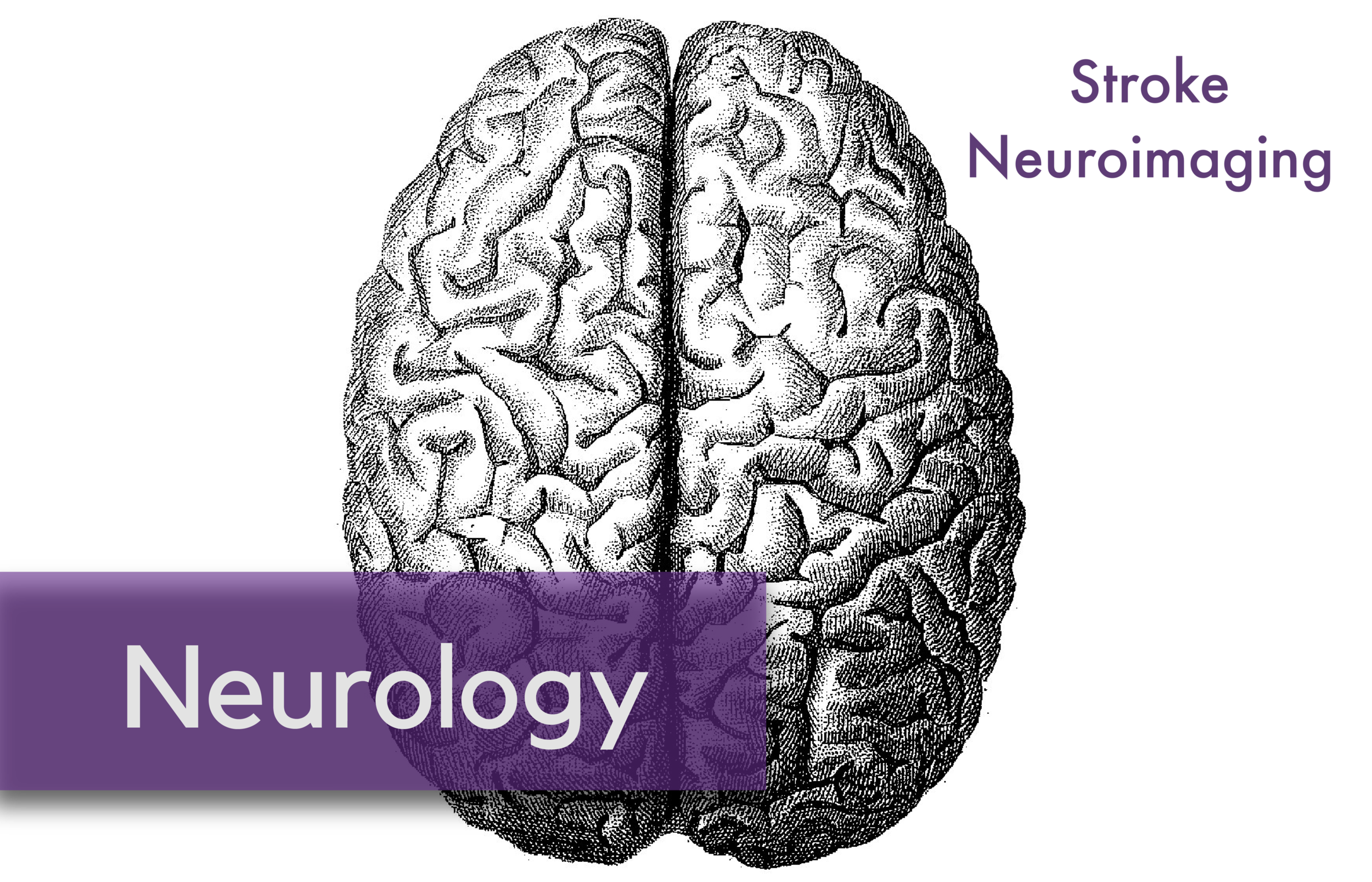Written by: Niki Patel, MD (NUEM ‘22) Edited by: Jesus Trevino (NUEM ‘19) Expert Commentary by: Seth Trueger, MD, MPH
Expert Commentary
Thank you for this nice review. The main points I try to keep in mind is that contrast reactions are rare; they are rarely severe; and if a patient did not have a prior severe reaction (especially with pretreatment), it is very unlikely that they will have a severe reaction. Pretreatment probably does little but there are only so many hills to die on and most radiology departments won’t let us completely forego pretreatment. The key is working politely with the radiologists & techs to advocate for the patient and what they need (and if that means a consent form or removing a spurious allergy from the EHR, sure).
In my experience, institutional guideline are generally taken directly from the ACR guidelines (which is the point of specialty guidelines!) and therefore means ED patients need, at most, 4 hour prep; and anyone who hasn’t had a serious airway or anaphylactic reaction can probably be safely scanned with pretreatment as the potential benefit of the scan is higher than the potential risk of a reaction. Any scan that can wait for an 8 or 13 hour prep can be ordered by the admitting team (although I will get the pretreatment ball rolling to help them out). Occasionally a patient needs a scan so urgently they can get immediate doses of steroids and antihistamines and scanned immediately, and with proper SDM & documented consent, we can usually make this happen.
For preps, I try to document all the timing as clearly as possible because shifts change (docs, RNs, radiology techs, etc) and will usually put it clearly in the note & trackboard:
0730 methylpred 40mg IV
1030 diphenhydramine 50mg IV
1130 methylpred 40mg IV + CTPE
In my experience, communicating clearly with everyone involved as to what the plan is is the best way to ensure the plan gets carried out.
And lastly, there is no relation between seafood allergies and contrast allergies; you can’t be allergic to “iodine” (although that is fine as shorthand in the EHR to document a reaction); and there is no cross-allergy between topical povidine-iodine irritation and iodinated contrast (don’t ask).
Seth Trueger, MD, MPH
Assistant Professor of Emergency Medicine
Department of Emergency Medicine
Northwestern University expert commentator
How To Cite This Post:
[Peer-Reviewed, Web Publication] Patel, N. Trevino, J. (2020, Aug 10). Contrast Allergies for the Emergency Medicine Physician. [NUEM Blog. Expert Commentary by Treuger, S]. Retrieved from http://www.nuemblog.com/blog/contrast-allergies-for-the-em-physician.







